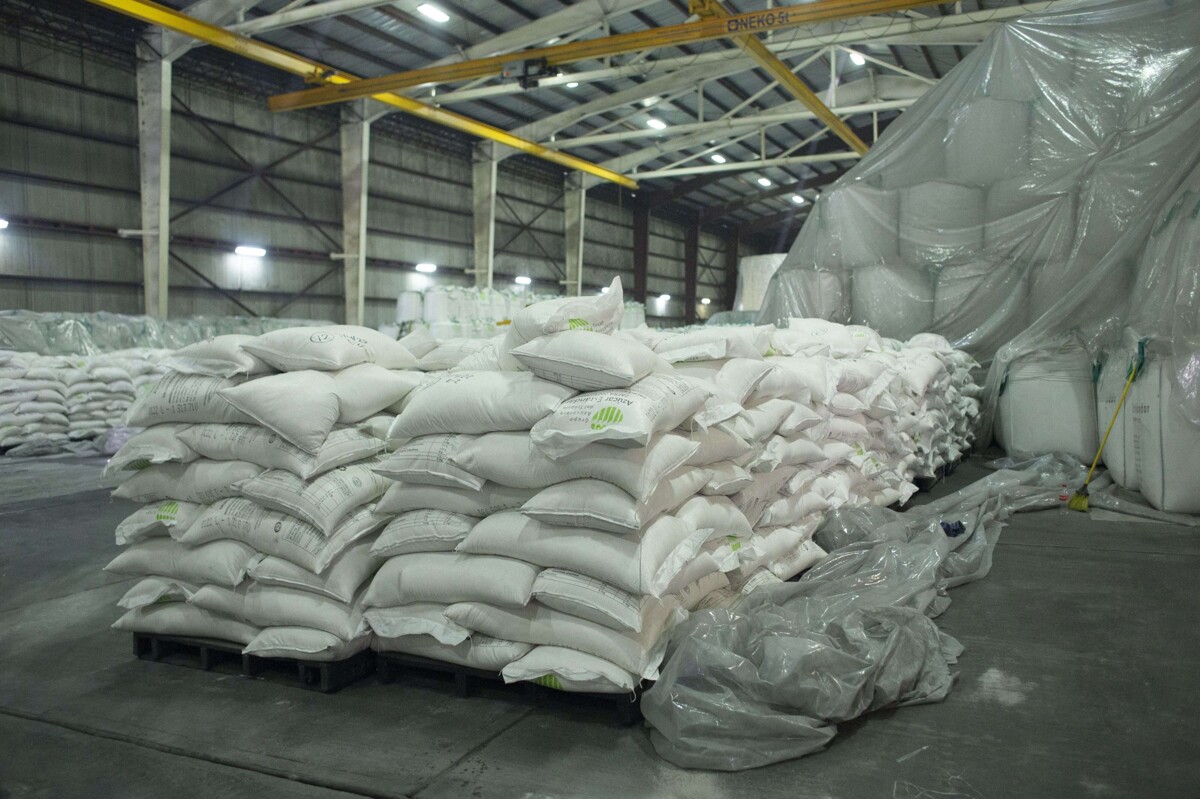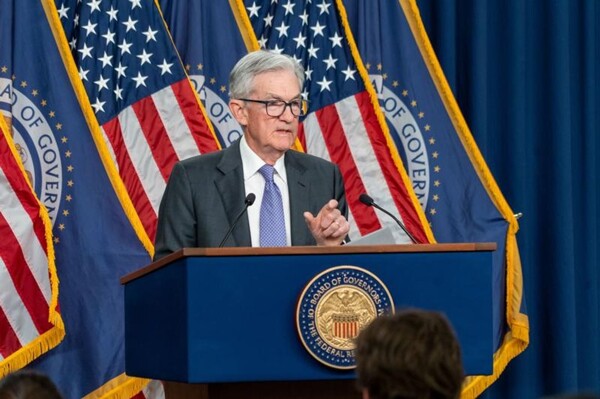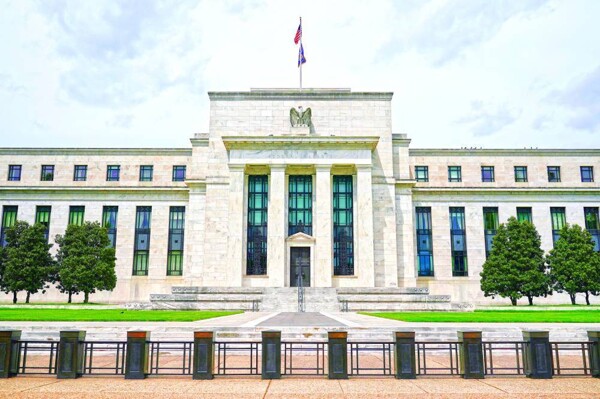
The President of the United States, Donald Trump, has announced a new front in his trade policy. The leader has ordered a thorough investigation to impose reciprocal tariffs on his trading partners. This shift represents a change from the trade liberalization policy that has prevailed over the last few decades.
Adrián González, a customs broker in the United States and president of Global Alliance Solutions, points out that the proposal to impose reciprocal tariffs is not new but marks a drastic change in the country's stance. In this sense, Trump has expressed his concern about the trade barriers imposed by other countries on American products while the United States maintains low tariffs.
Currently, the average tariff applied by the United States on imported goods is between 2 and 2.5 percent, while economies like India impose rates exceeding 10 percent on American products. The investigation into this matter will be handled by the Department of Commerce and the U.S. Trade Representative (USTR), with the collaboration of the Treasury and Homeland Security departments.
The proposal to impose reciprocal tariffs stems from the America First Trade Policy memorandum issued on January 20, which requests 22 studies on the U.S. trade balance. Jorge Molina, an international trade consultant, highlights that this action seeks to equalize tariff rates between the United States and its trading partners.
Mexico is expected to be subject to special scrutiny in this process, which could reignite tensions in sectors such as energy, mining, and telecommunications. Additionally, the broad definition of "non-tariff barriers" used in the memorandum could include aspects such as judicial reform and the elimination of regulatory bodies in Mexico.
The possible inclusion of the Value Added Tax (VAT) as a trade barrier raises concerns, as its application to imports in Mexico could become a point of conflict. This measure could have significant implications for countries like Mexico, where a 16 percent VAT is applied to imports.
The criteria established to evaluate trading partners consider tariff rates, discriminatory taxes like VAT, regulatory barriers, currency manipulation, and other protectionist policies. The process is expected to begin after April 1, once key trade reports have been delivered.
This measure could more heavily impact less developed economies, where tariffs on American products are higher on average. In this sense, the European Union, Japan, Mexico, India, and other countries have been mentioned as potential victims of this decision to impose reciprocal tariffs.
John K. Veroneau, former Deputy U.S. Trade Representative during George W. Bush's presidency, considers it unlikely that the World Trade Organization (WTO) can provide the reciprocity that the United States seeks on this matter. Nonetheless, the United States has stated that it must maintain strong support for the WTO, but tariff levels should be established bilaterally.
In summary, the decision to impose reciprocal tariffs is part of a broader effort to reduce the U.S. trade deficit and exert pressure on countries with high trade surpluses. It is anticipated that this measure could trigger retaliation from the European Union, Canada, Japan, and India, generating a trade conflict with unpredictable consequences.














